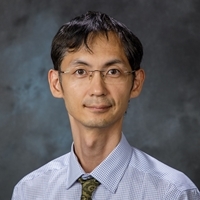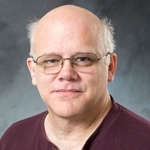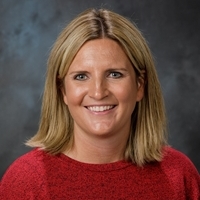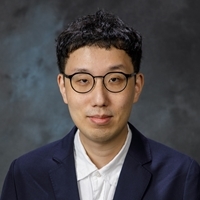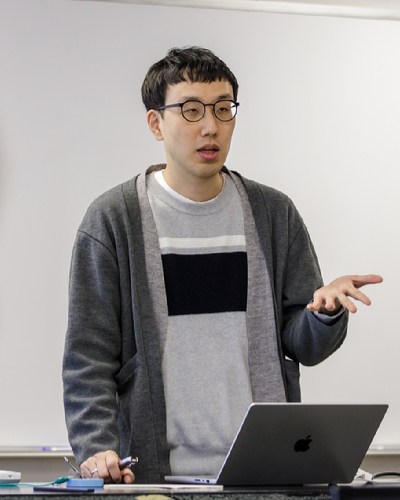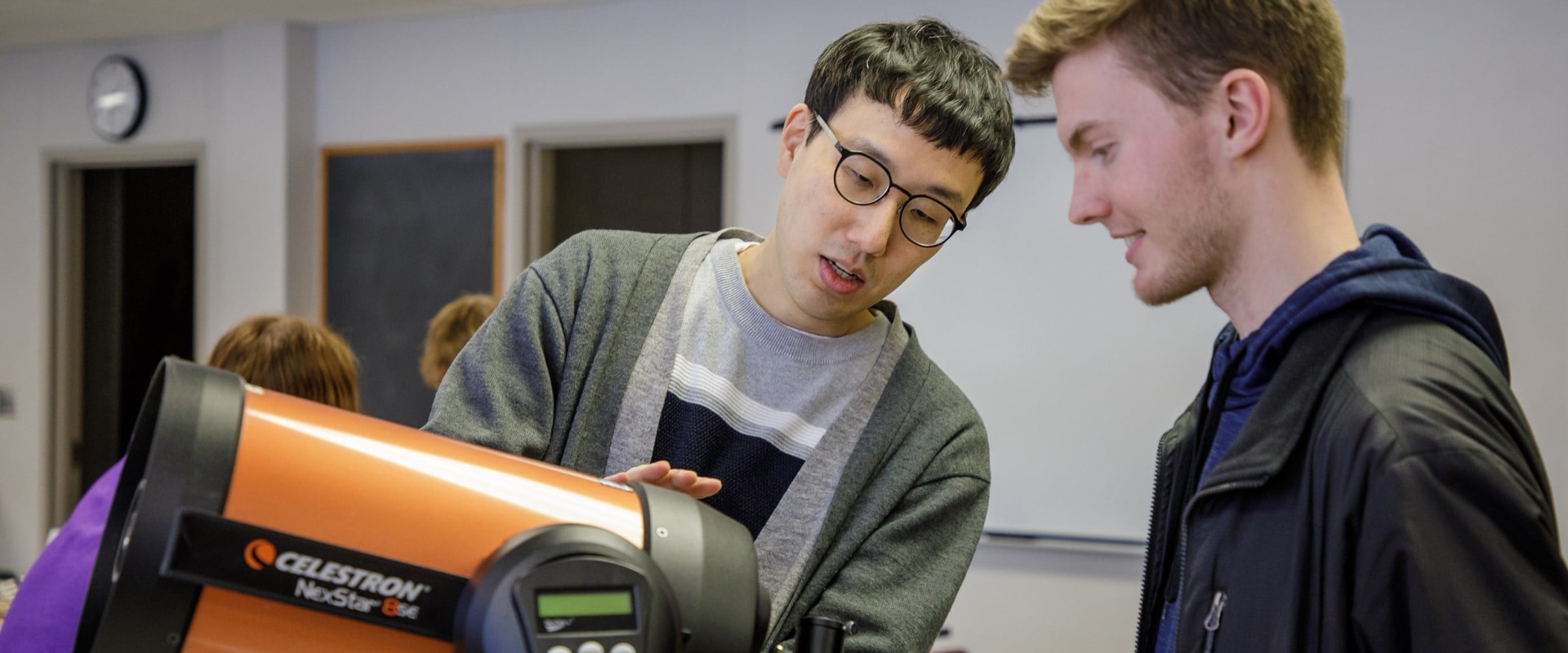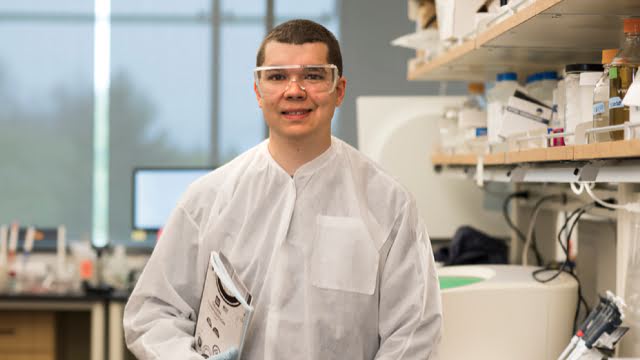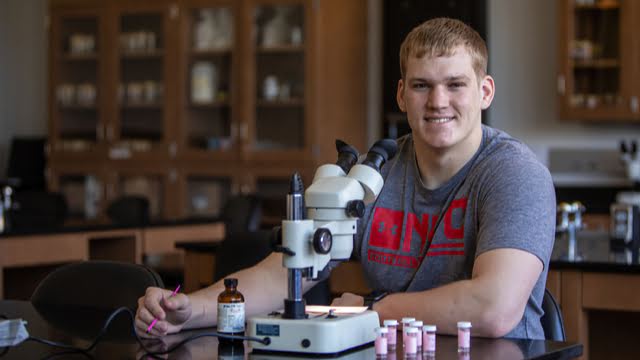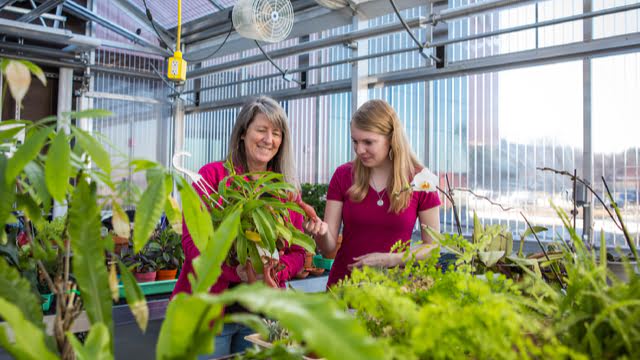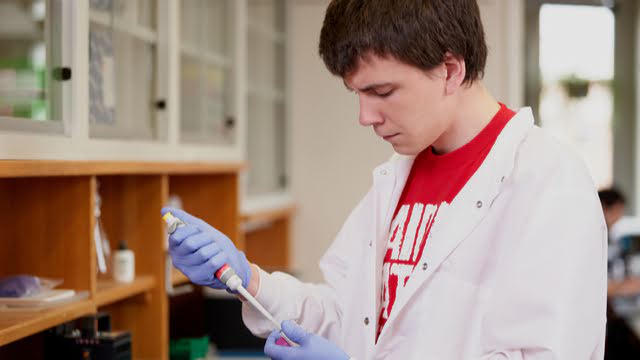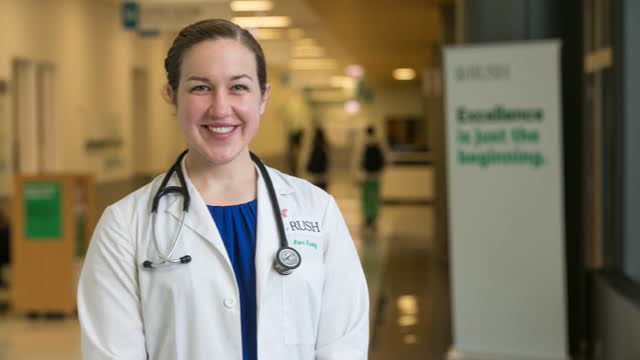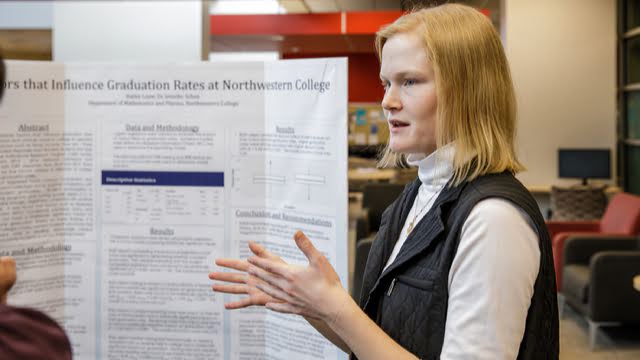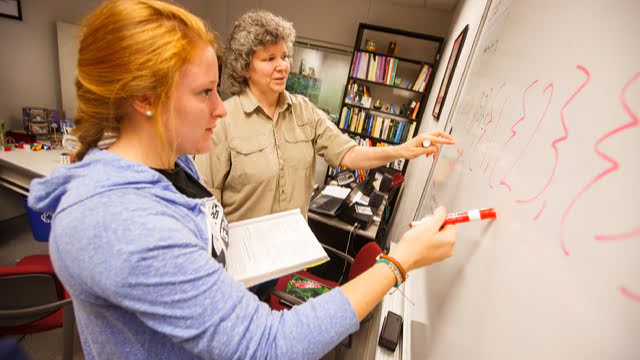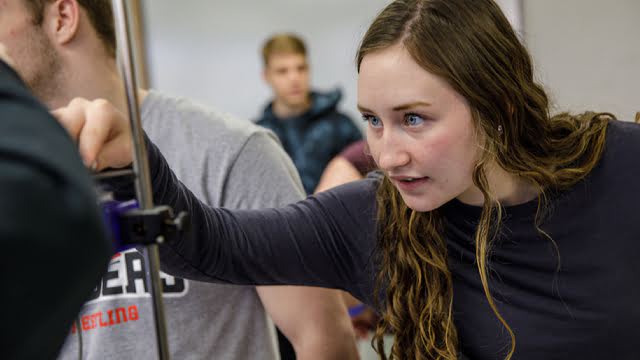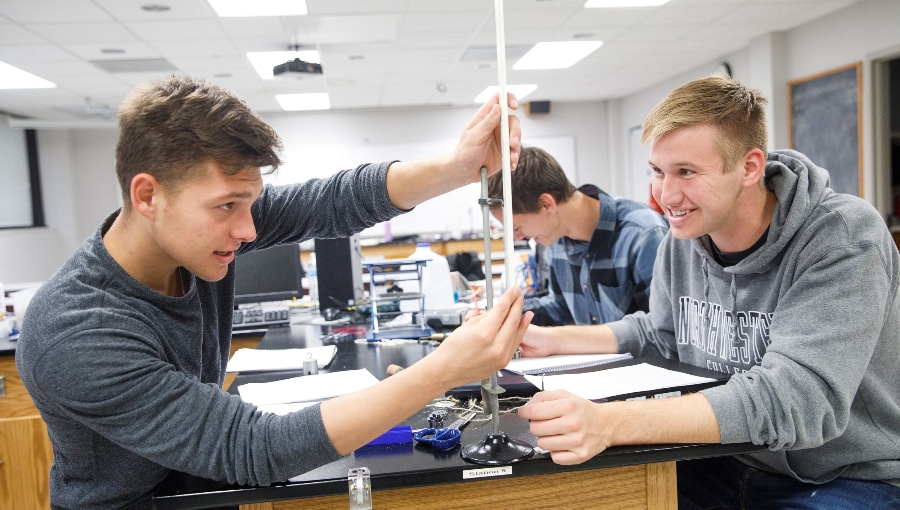
Biophysics
Biophysics
Biophysics
As a biophysics major, you’ll be entering a scientific field that is transforming our understanding of biology and the practice of medicine. You’ll learn how to apply the laws of physics to study and understand biological processes—from how molecules are made and cells function to how complex systems in the body work. Research is incorporated into every upper-level physics course, which means you’ll begin doing original science right away.

Why NWC?
Why NWC?
Why NWC?
Whatever your interests, Northwestern’s biophysics major allows you to tailor your course schedule to include additional biology, chemistry, math or computer science courses as your undergraduate electives.
Plus, if you plan to pursue a master’s or even doctoral degree in biophysics, you can do so through Northwestern’s dual-degree partnership with Washington University in St. Louis.
Requirements for a biophysics major include biology, chemistry and genetics courses, as well as courses in physics, biochemistry, biophysics, physical chemistry and the fundamentals of optics. Related minors include biology, chemistry, data science and statistics, physics, and physics teaching.
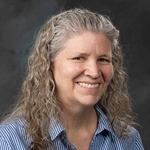
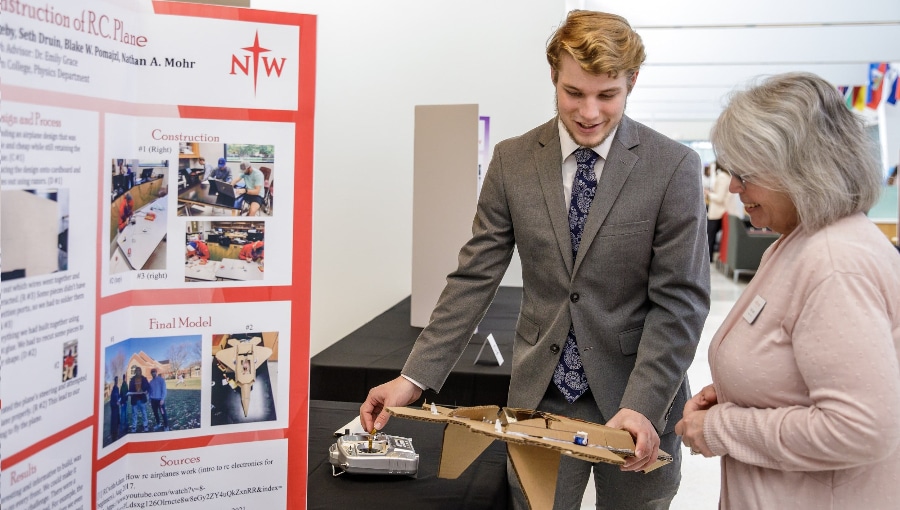
Career Outlook
Career Outlook
Career Outlook
The biophysics field could see an increase in employment as high as 19% by 2024. The median salary for a lab technician with a bachelor’s degree is $46,000. Bioengineers with a bachelor’s degree have a median salary of $92,000. With a master’s or doctorate, biophysicists report a median salary of $94,000.
#RaidersStandOut
Experience
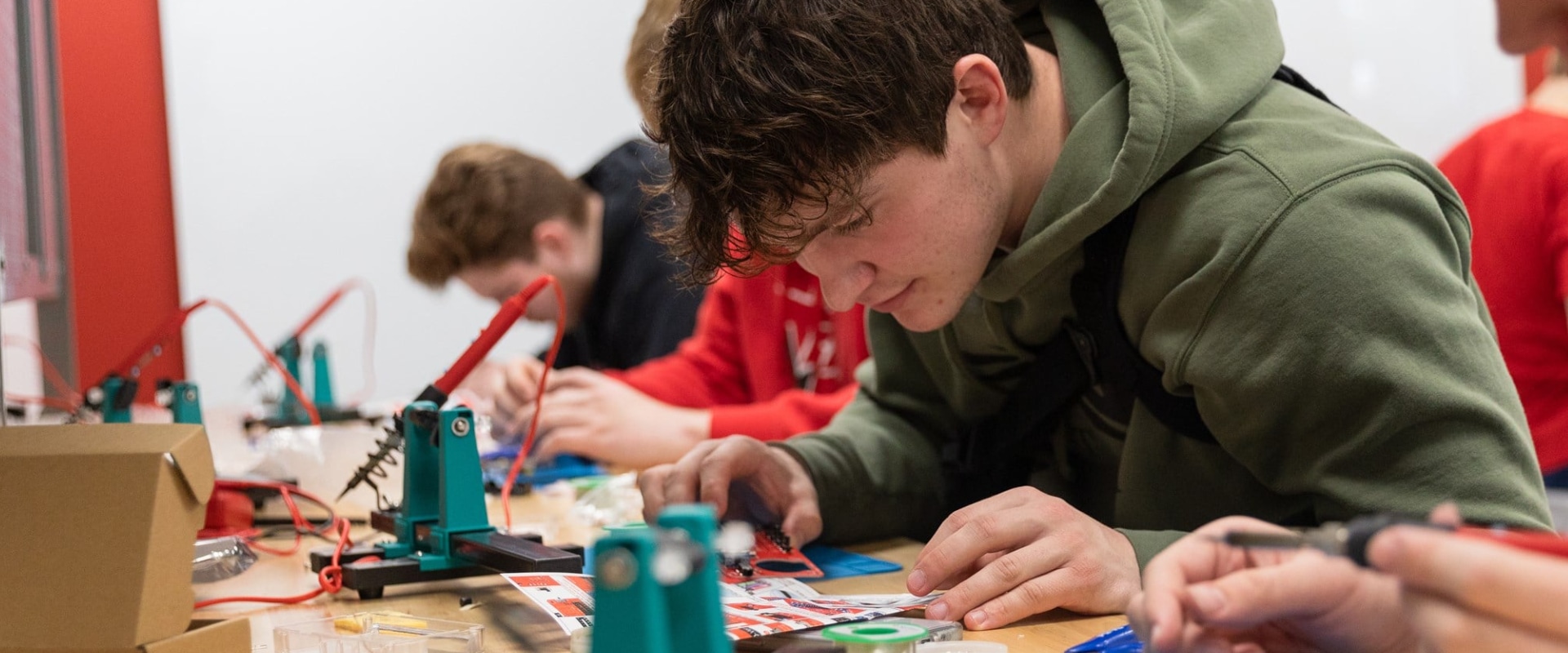
Northwestern’s engineering program offers concentrations in civil, computer, electrical and mechanical engineering. As an engineering student, you’ll regularly engage in hands-on learning experiences, including 3D printing, wooden bridge building, machining, electric circuits, programming, geospatial analysis and traffic simulation. You’ll also study developing concepts like AI. Our program has been designed to achieve ABET accreditation, for which it will be eligible upon graduation of the first cohort in 2028.
Northwestern also offers a dual-degree program with Washington University of St. Louis, one of the nation’s elite engineering schools. Through this arrangement, you can earn 3 degrees in 6 years: a non-engineering B.A. or engineering B.S. from NWC, an engineering B.S. from WashU, and an engineering master’s degree from WashU.
Experience

Northwestern’s engineering program offers concentrations in civil, computer, electrical and mechanical engineering. As an engineering student, you’ll regularly engage in hands-on learning experiences, including 3D printing, wooden bridge building, machining, electric circuits, programming, geospatial analysis and traffic simulation. You’ll also study developing concepts like AI. Our program has been designed to achieve ABET accreditation, for which it will be eligible upon graduation of the first cohort in 2028.
Northwestern also offers a dual-degree program with Washington University of St. Louis, one of the nation’s elite engineering schools. Through this arrangement, you can earn 3 degrees in 6 years: a non-engineering B.A. or engineering B.S. from NWC, an engineering B.S. from WashU, and an engineering master’s degree from WashU.
Faculty
Brilliant scholars. Committed Christians. Invested in you. That’s Northwestern’s faculty.

